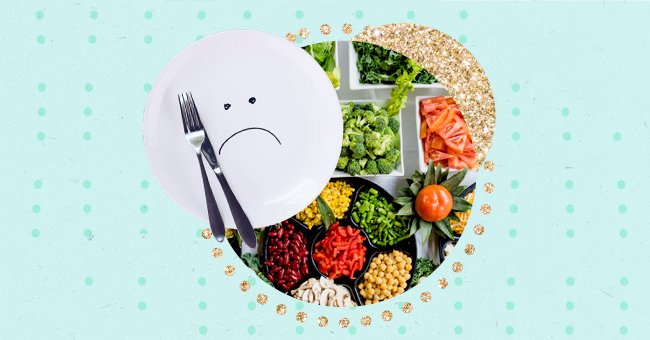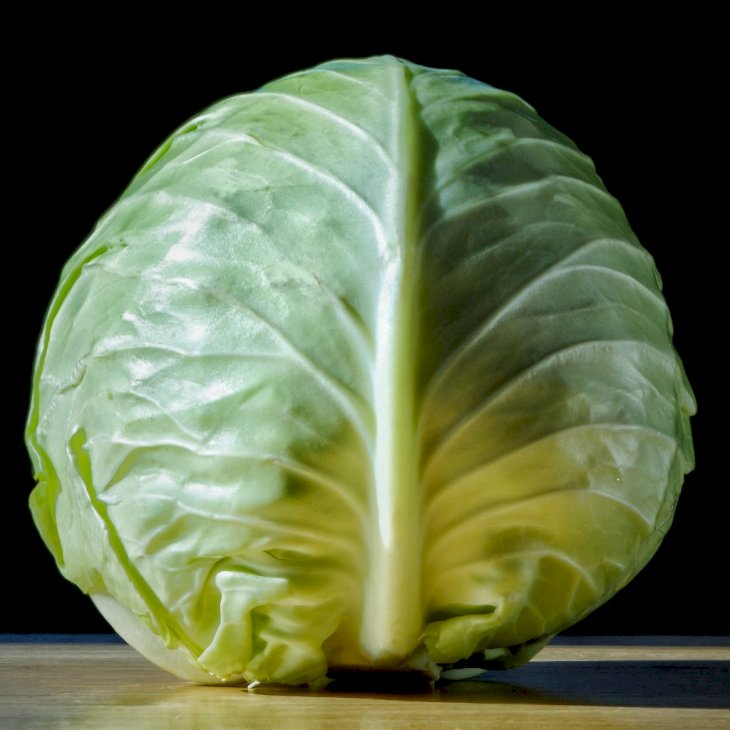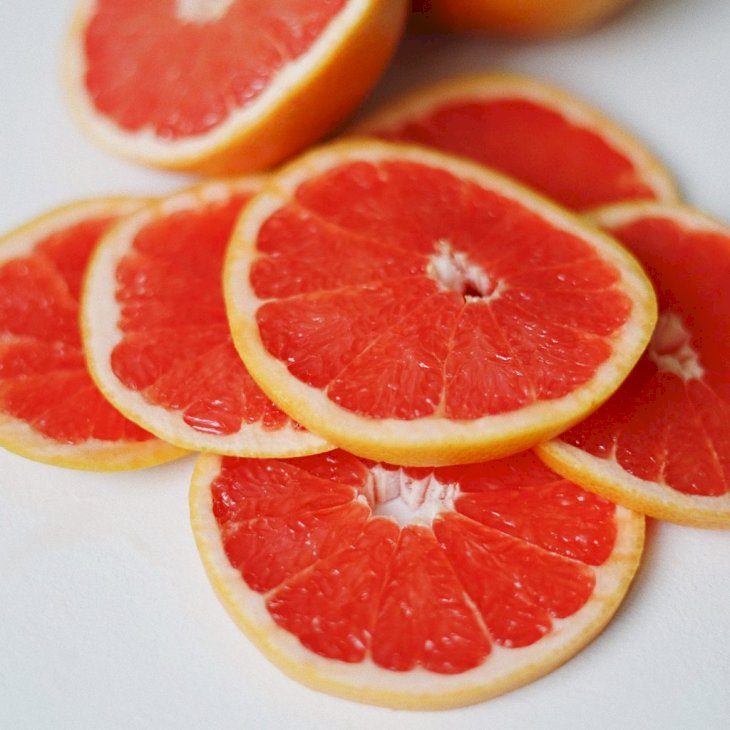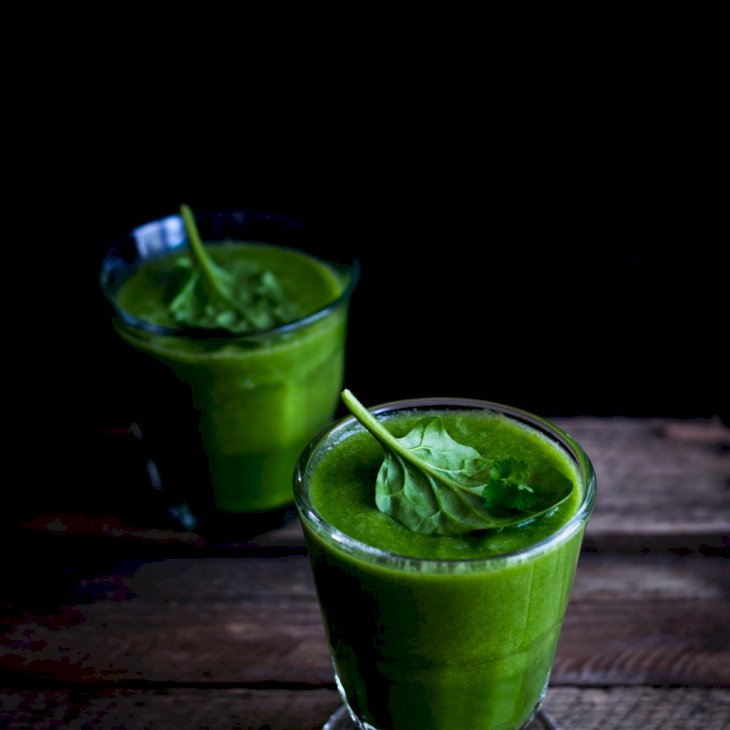
10 Fad Diet Trends To Avoid At All Costs
Fad diets. We've all probably heard about them, possibly considered or even tried one, and maybe ended up disappointed.
Fad diet trends promise a lot. The unrealistically quick results that, even if you achieve, are nearly impossible to maintain long-term.
While some of them are, for the most part, ineffective, others are just unsustainable or detrimental to your health. In addition to the effects on your physical body, one may also find themselves feeling disheartened by their supposed "failure" to stick to the diet.
The Cabbage Soup Diet

Photo by C Drying on Unsplash
Starting with that nasty old cabbage soup diet that many have grown up hearing about (or tried). The diet is essentially a cabbage soup, eaten about three times a day for a week. The diet may contain other low-calorie food but minimally.
Keto Diet

Photo by Nadine Primeau on Unsplash
"Though you should be eating a lot of spinach and kale on keto, people generally eat bacon and eggs, which leaves out important disease-fighting nutrients, including fiber."
says Jeanne Tiberio, a registered dietitian based in Salem, Massachusetts to "Everday Health."
The Sleep Diet

Photo by Vladislav Muslakov on Unsplash
If you haven't heard about this one, it's precisely what the name suggests. The idea is that if you're sleeping, you're not eating. People trying this diet may take a sedative to sleep for long periods to reduce eating.
Werewolf Diet

Photo by Fabian Oelkers on Unsplash
The Werewolf diet (AKA the lunar diet) is about fasting according to the lunar calendar. There are an extended version and a basic version that calls for fasting, consuming water, and juice during the full or new moon. While fasting has long been a cultural or religious practice, ADA spokeswoman Andrea Giancoli, MPH, RD. tells "WebMD" that it's counterproductive for weight loss.
Whole30

Photo by Micheile Henderson on Unsplash
The Whole30 diet is premised on the idea that consuming only "good" foods will ultimately affect your relationship with what you choose to eat. The diet is primarily restricted to vegetables, fruits, some nuts, seafood, eggs, and meat.
Miracle Ingredients Diets

Photo by Aliona Gumeniuk on Unsplash
There are specific diets that rely on a particular food, drink, or ingredient to lose weight. These may include drinking apple cider vinegar, the grapefruit diet (which has various iterations), and green tea.
The Cotton Ball Diet

Photo by Kelly Sikkema on Unsplash
This dangerous diet is mainly considered to be used by models to maintain the traditional skinny "model shape." The diet consists of eating cotton balls dipped in juice (for the flavor) to suppress the appetite.
TB12

Getty Images
Patriots quarterback Tom Brady detailed his diet TB12 in his book, which included avoiding foods like potatoes, mushrooms, tomatoes, and berries. "Business Insider" explains how the diet is loosely premised on eating alkaline, which was believed to promote bone health and provide energy. The myth has been widely debunked.
Master Cleanse

Photo by Monika Grabkowska on Unsplash
This goes for lemonade diets, green juice diets, and any diet that promises to "cleanse." These tend to be popular resolutions. Amy Goodson, RD, based in Dallas-Fort Worth, told "Everyday Health" that one doesn't need to cleanse their body, "that's what you have a liver and kidneys for," she adds.
Fruitarianism

Photo by Adél Grőber on Unsplash
Fruits are amazing, but as the saying goes, "too much of a good thing..." Fruitarianism may actually be more dangerous than it may initially sound. Dietitian Laura Jeffers says that only eating fruit can, in fact, push the body into starvation mode and slow down the metabolism.